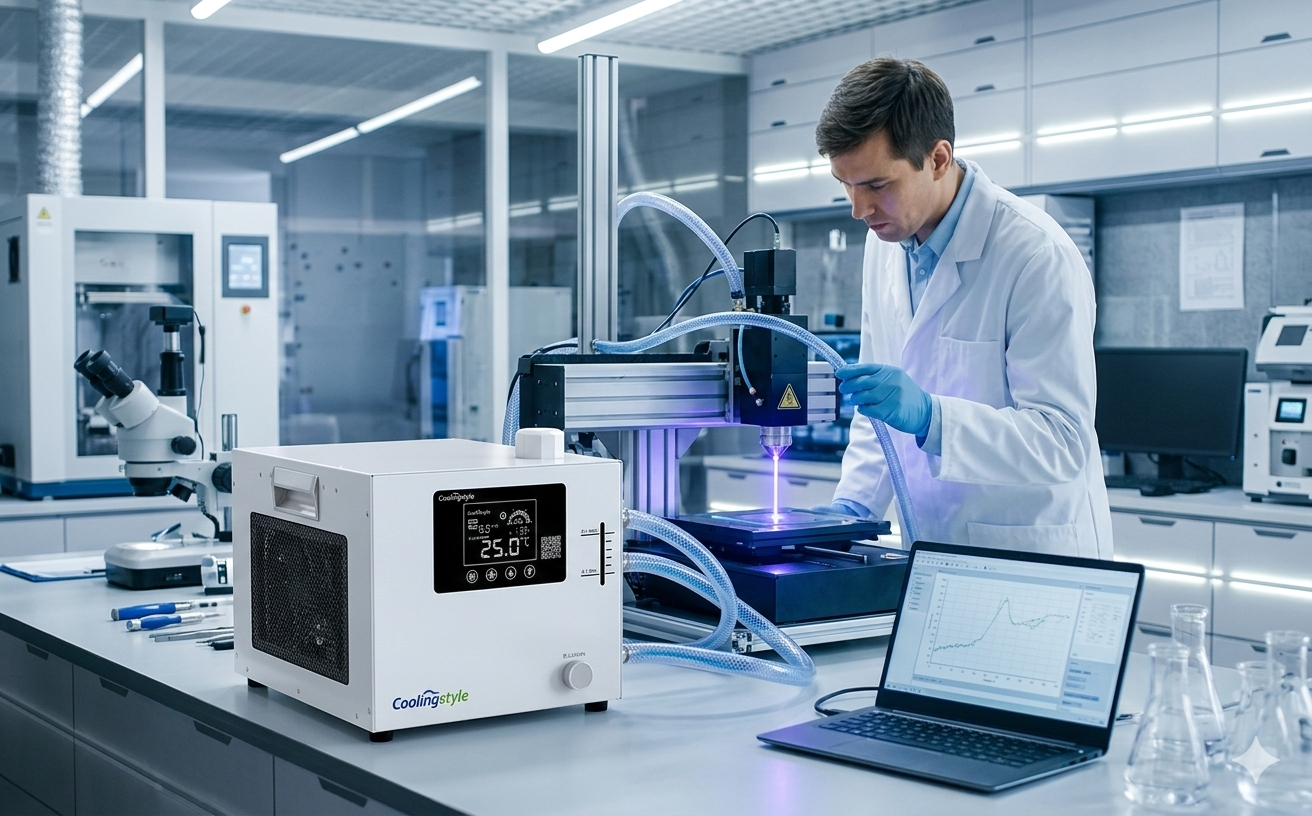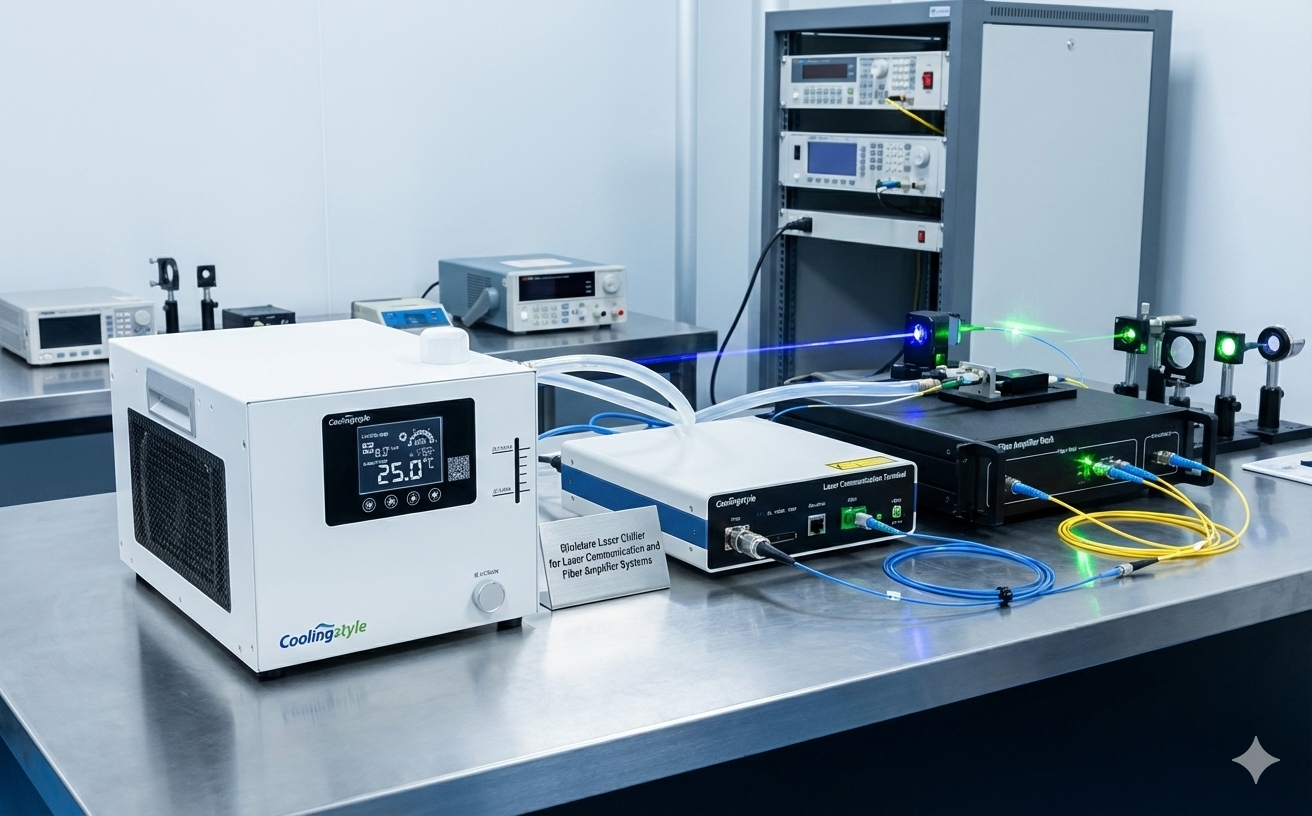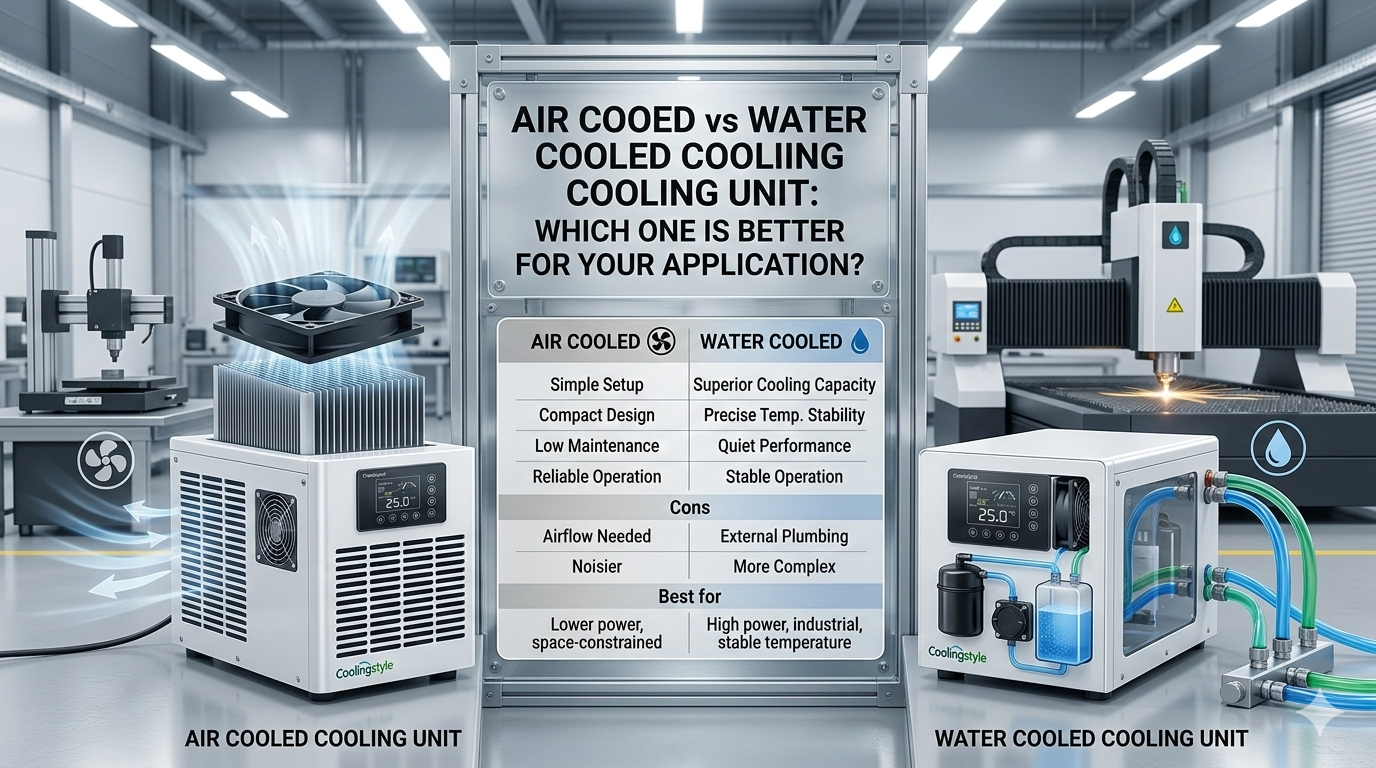Da die Umweltbedenken weiter zunehmen, Das Kältemittel R134a wird schrittweise abgeschafft 2025, mit R290 (Propan) wird zur bevorzugten Wahl für eine nachhaltigere Kühllösung. Aber warum ist das so? R-134a wird ersetzt, und was in Zukunft R134a als Kältemittel ersetzen könnte? Lassen Sie uns näher auf das Warum eingehen Propan erfreut sich als beliebtestes Kältemittel zunehmender Beliebtheit und erforscht seine umweltfreundlichen Vorteile. 🌱Coolingstyle geht mit der schrittweisen Umstellung voran R290, ein umweltfreundliches Kältemittel mit hervorragender Energieeffizienz und minimaler Umweltbelastung. Neben R290, andere Alternativen wie R1234yf und R32 erfreuen sich ebenfalls wachsender Beliebtheit. Aber, ist R290 besser als R134a? Lassen Sie uns herausfinden. Die Frage zu den Köpfen vieler Branchenexperten ist: Was ist besser?, R134a oder R290? Hier erfahren Sie, warum R290 ist der beste Ersatz für Kältemittel R134a, und was es zu einer nachhaltigen Lösung für die Zukunft macht.

1. R290: Das umweltfreundliche Kraftpaket
R290, auch als Propan bekannt, wird aufgrund seiner Eigenschaften schnell zum bevorzugten Kältemittel umweltfreundliche Immobilien und niedriges GWP von gerade 3[1]. Warum Propan als Kältemittel verwenden?? Es ist energieeffizient, ungiftig, und natürlich, Damit ist es die ideale Wahl für Industrie- und Verbraucherkühlsysteme.Kältemittel R290 Angebote viele Vorteile, wie geringerer Energieverbrauch und geringeres Treibhauspotenzial, Damit ist es eine führende Wahl für nachhaltige Kühlung. Sein Einsatz in verschiedenen Anwendungen, vom Kühlschrank bis zur Klimaanlage, wächst rasant[2].Q: Welche Vorteile bietet das Kältemittel R290??
aber kühlende Kleidungsstücke schienen eine bessere Option zu sein kritischer Punkt von R290 ist sein extrem niedriges GWP im Vergleich zu Wasserkühler, das ein GWP von hat 1430[3]. Ist R290 besser als R134a?? Absolut. Propan bietet außerdem eine hervorragende Energieeffizienz, Senkung der Gesamtbetriebskosten bei gleichzeitiger Einhaltung von Umweltstandards[4].Q: Was sind die Nachteile von R290??
Während R290 bietet viele Vorteile, es hat einige Nachteile, insbesondere seine Entflammbarkeit. Um die Sicherheit zu gewährleisten, sind eine sorgfältige Handhabung und spezifische Systemauslegungen erforderlich[5]. jedoch, mit entsprechenden Vorsichtsmaßnahmen, Die Vorteile überwiegen diese Risiken, Herstellung Propan ist ein besseres Kältemittel als R134a in den meisten Fällen.
2. R1234yf: Die grüne Alternative
R1234yf, mit einem GWP von 4, ist zu einer führenden Wahl für den Austausch geworden Wasserkühler in Automobil- und Kühlanwendungen4. Es stellt ein Gleichgewicht zwischen Leistung und Umweltverantwortung her, Wir gehen auf den wachsenden Bedarf an umweltbewussteren Lösungen ein. Was in Zukunft R134a als Kältemittel ersetzen könnte? R1234yf ist sicherlich eine Option.R1234yf ist ein ungiftiges Kältemittel, das über verschiedene Temperaturbereiche hinweg eine hervorragende Leistung beibehält. Es wird oft als Übergangskältemittel angesehen R290 wird in bestimmten Branchen immer häufiger eingesetzt.Q: Warum wird R-134a durch R1234yf ersetzt??
Der Wechsel von Wasserkühler schneller Kühleffekt R1234yf liegt daran, dass es deutlich geringer ist GWP. Während R1234yf ist nicht so umweltfreundlich wie R290, Es bietet ein gutes Gleichgewicht zwischen Leistung und geringerer Umweltbelastung[6].
3. R32: Die energieeffiziente Lösung
R32, mit einem GWP von 675, ist ein weiterer starker Anwärter auf einen Ersatz Wasserkühler[7]. Aufgrund seiner Effizienz und Umweltvorteile wird es häufig in Klimaanlagen für Wohn- und Gewerberäume eingesetzt. jedoch, ist R32 besser als R134a? Es ist eine effizientere Option, bietet aber immer noch nicht das gleiche Maß an Umweltfreundlichkeit wie R290.R32 ist ein effizientes Kältemittel mit relativ niedrigem GWP, Dies macht es zu einer hervorragenden Option für Klimaanlagen. jedoch, es ist leicht entflammbar, Dies erfordert besondere Aufmerksamkeit bei der Installation und Verwendung[8].Q: Welches Kältemittel wird auslaufen? 2025?
Im Rahmen der weltweiten Bemühungen, die Umweltauswirkungen von Kältemitteln zu reduzieren, Wasserkühler wird bis dahin auslaufen 2025 zugunsten umweltfreundlicherer Alternativen wie R290 und R1234yf12.
Fazit
Die Kühlbranche blickt einer umweltfreundlicheren Zukunft entgegen, R290 entwickelt sich zum besten Ersatz fürKältemittel R134a, bietet überragende Energieeffizienz und minimale Umweltbelastung12. Neben anderen Optionen wieR1234yf undR32, Der Übergang zu nachhaltigeren Kältemitteln wird Realität. Die Zukunft der Kühlung ist da, und es ist umweltfreundlich.






2 Gedanken zu „Warum R290 die Zukunft ist: Top-Alternativen zum Kältemittel R134a in 2025”
Hi. Interessanter Artikel. Was ist mit Enviro-Safe-Kältemittel?? Es hat einen GWP von 0. Wie ist es im Vergleich zu Propan in Effizienz?, Entflammbarkeit, Druck, etc?
Wird das neue Kältemittel jetzt verwendet? 2025 Modelle führen dazu, dass der Kühlschrank öfter als zuvor ausgeführt wird?